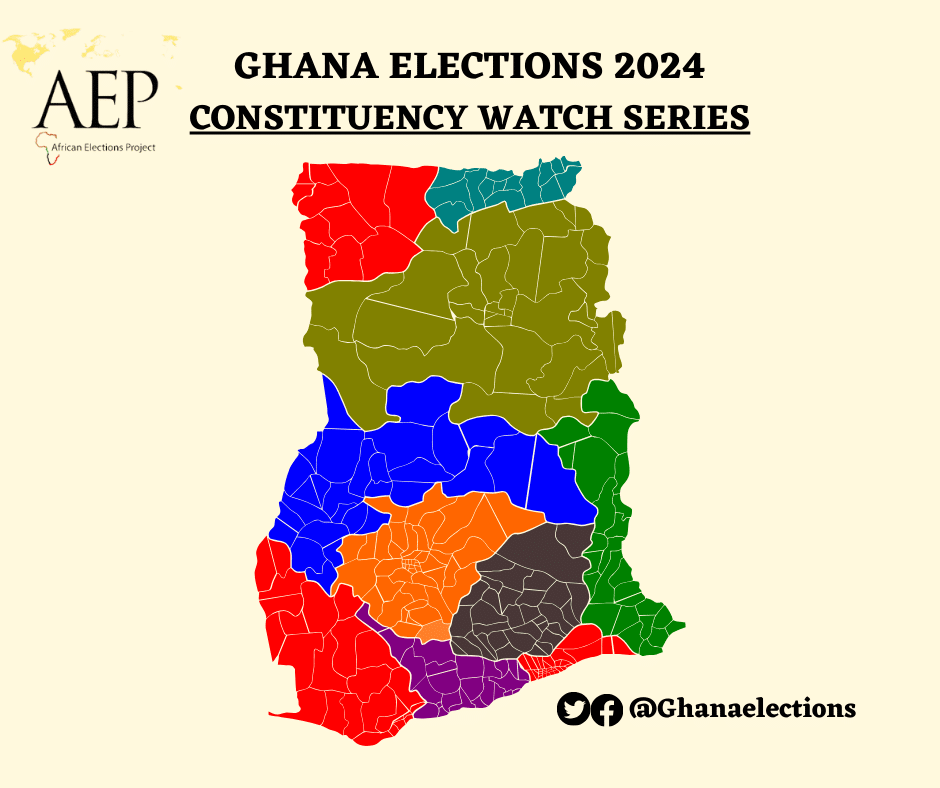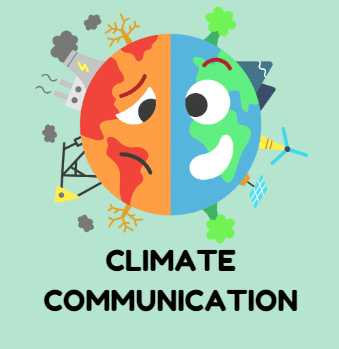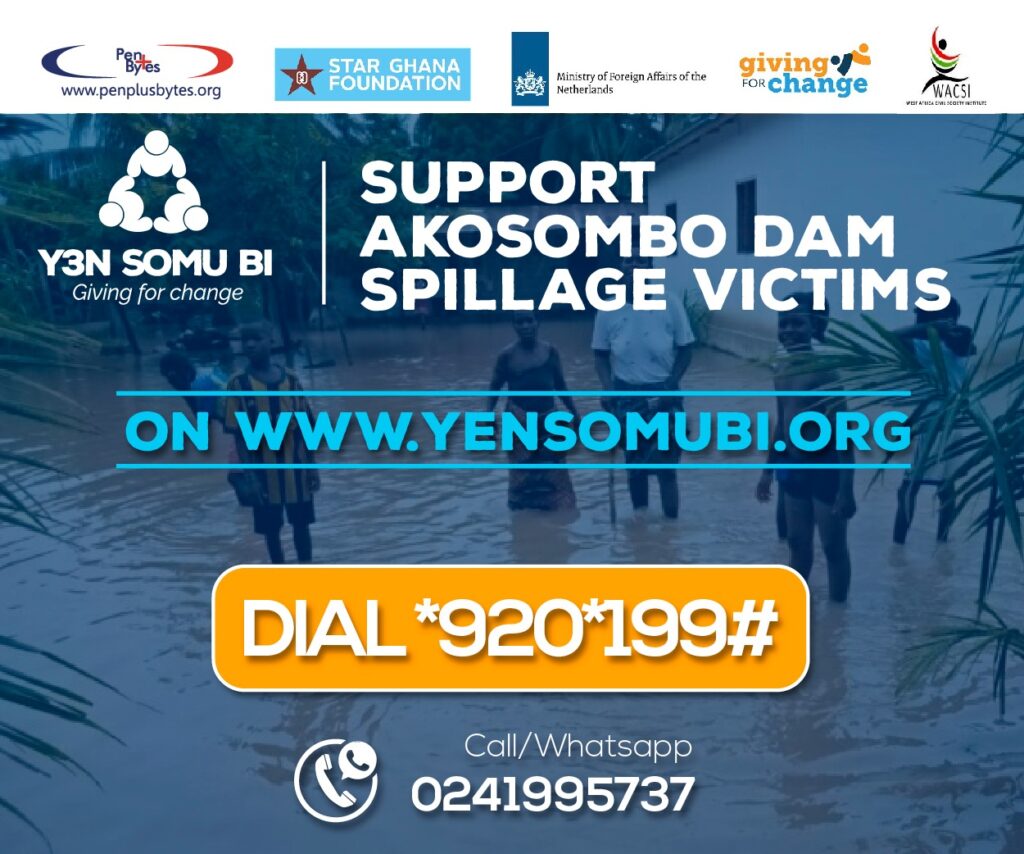As Ghana’s general elections in December 2024 inch closer, the struggle for the spotlight among political parties and their candidates continues to intensify. Beyond the use of traditional media such as radio, television, and newspapers for publicity by political actors, social media has emerged as a resourceful campaign tool due to its ability to provide political actors with greater audience reach and a direct avenue to promote their agendas, interact with audiences, as well as amplify their key issues.
Despite these opportunities, social media coupled with the rise of artificial intelligence (AI) has introduced new challenges to the integrity of elections. These challenges include the proliferation of deepfake videos, disinformation campaigns, technology-facilitated violence against candidates, and micro-targeting of voters by exploiting their data. For instance, in the run-up to the NPPs Parliamentary Primaries election in January 2024, a video emerged on various social media platforms alleging that Ghana’s Deputy Ambassador to China and at the time a Parliamentary Candidate aspirant for Ablekuma North Constituency, Nana Akua Owusu Afriyie, had embezzled funds and was involved in visa fraud. In the viral video, a news anchor of an unknown foreign TV news channel is seen presenting the allegation against the Ghanaian diplomat and parliamentary aspirant as breaking news. However, verification of the video reveals that the accusations against the parliamentary aspirant are not only false, but the video is an AI-generated deep fake.
For the world economic forum, the growing concern about misinformation and disinformation is largely driven by the potential for AI, in the hands of bad actors, to flood global information systems with false narratives. Its 2024 report dubbed “World Economic Forum’s Global Risk” asserts that misinformation and disinformation are the biggest global risk for the next two years.
Undoubtedly, it is very likely that spotting misinformation and disinformation as the 2024 elections draw near will be hard. Nevertheless, a number of solutions have been suggested by groups, experts, and activists. One of such remedy is media and information literacy (MIL).
According to UNESCO, MIL offers a set of essential skills that enables individuals to access, analyze, create and consume information in various formats from print to radio, from video to the internet. MIL also enables individuals to navigate the complexities of the modern information environment, discern truth from mis/disinformation, and participate actively in democratic processes. Here are ways MIL can help curb misinformation and disinformation as Ghana gears-up for the upcoming 2024 general elections:
- Access content from credible sites.
Numerous credible sites provide reliable news regarding elections and other content. It is crucial for individuals to exercise caution and discernment in selecting their sources of information. As a first step, one can opt for websites of trusted traditional news outlets, verified social media pages, and other reputable platforms for news.
- Watch out for clues
A key characteristic of any MIL literate person is the ability to critically analyze pictures and videos. In order to spot fake content, paying critical attention to detail is non-negotiable. Most often, politicians and their allies distort pictures and videos to serve a particular agenda. To address this, one can conduct a simple reverse image search on Google to ascertain the authenticity or otherwise of pictures or videos received.
- Think critically before sharing
Before sharing content, stop for a moment, take a deep breath, reflect and consider your emotions, biases and the impact of what you are about to share on society. Sharing content without verifying makes one a purveyor of misinformation and this can have dire consequences on the people involved.
- Escape your bubble.
Regardless of one’s beliefs, we all share something in common: confirmation bias. We seek information – and accept misinformation – because it affirms what we already think. As we embark on searches for election related content, we must seek a 360-degree understanding on a particular subject matter by diversifying our news sources and using different search engines; follow a variety of voices/pages on social media and participating in respectful and open-minded discussions with people who have different opinions to yours. This will help us challenge our beliefs rather than reinforce them.
- Speak up
We all have a responsibility to expose misinformation and disinformation. Social media platforms such as YouTube, Facebook and X have systems for reporting false information on their sites. So, instead of just letting it slide, reporting the content and the purveyors to appropriate platform or constitutionally mandated institutions such as the Cybersecurity Authority and the Ghana Police Service will help curb the menace of mis/disinformation.
In conclusion, addressing election misinformation and disinformation should not be a short-term event but a permanent whole society investment throughout the democratic lifecycle of every nation. Ghana must look at addressing mis/disinformation more holistically by partnering with civil society organizations (CSOs) and other stakeholders in pre-bunking, debunking, monitoring disinformation, and increasing media literacy.






